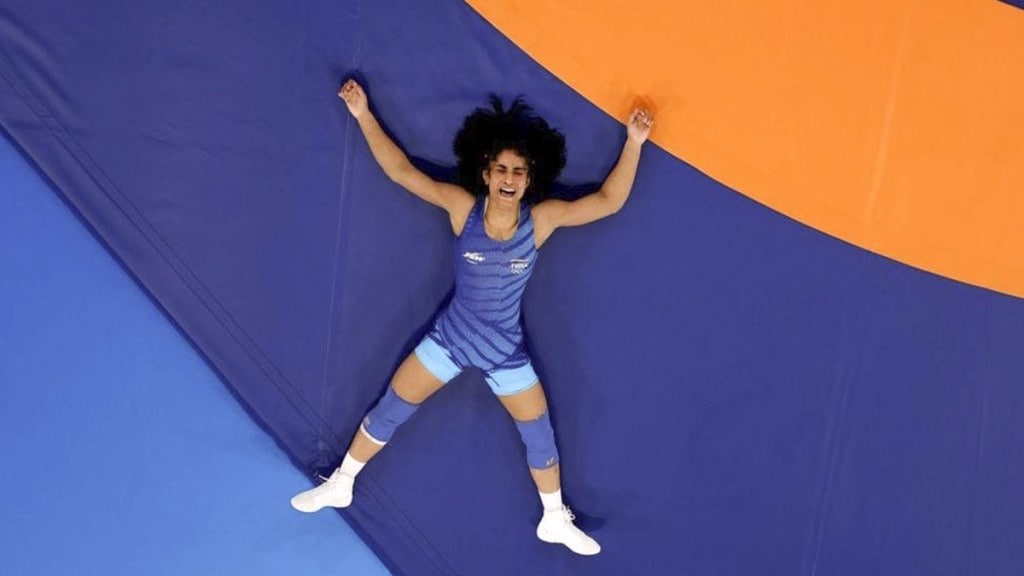L’affaire Vinesh Phogat — who was denied a silver or gold in wrestling as she was 100 grams overweight — should not deflect attention from India’s disappointing performance at the Olympics in Paris. With a clutch of bronze medals and a solitary silver so far, our 117-strong contingent has not built on the gains in Tokyo in 2020 or London in 2012. In Paris, there have been more fourth-spot finishes than ever before. A good share of the bronzes was in shooting, thanks to Manu Bhaker who won two of them. Perhaps the biggest disappointment was in badminton in which our world-class shuttlers drew a blank despite being in winning positions. This provoked former champion Prakash Padukone to lash out that it was high time players learnt to withstand pressure, became accountable, and started delivering results. The boxers, too, failed considering their tremendous talent and technique. India has no doubt regained its erstwhile supremacy in its traditional bastion of hockey. Although it secured a bronze, it fought hard and won against storied teams in the run-up to the medal-winning match.
India’s Olympic dreams cannot soar unless it registers its presence in track and field, which really is the core discipline in such sporting events. Although the winning feeling surfaced with its triumphs in the Asian and Commonwealth Games, it has a long way to go in the Olympics in which it has won only four track and field medals out of the total of 40 since 1900. Two of these are back-to-back gold and silver medals of Neeraj Chopra in javelin, while the others were won way back in 1900 for the men’s 200 metres and 200 metres hurdles.
In Paris, India’s medal hopes in the 3,000 metres steeplechase faded with Avinash Sable managing a lowly 11th position in the finals. If India is keen on developing its athletic prowess, it must set an aspirational objective to develop sprinters who can one day challenge US and Jamaican dominance and Africans in middle- and long-distance running, besides leaping, jumping, and hurling the discus to record-breaking levels in future editions of the world’s greatest summer sporting event. With India’s lacklustre show in Paris, does it make much sense to consider hosting the event in 2036? Prime Minister Narendra Modi’s pitch is that India is well placed to staging the Olympics as it will be one of the foremost economic powers with the necessary infrastructure in place in the next 12 years. Besides the criticism that the costs far outweigh the benefits, the bigger question is whether we can raise the bar to excel in these games. To ensure that our athletes attain world-class standards, a mission-mode drive no doubt is already in place with the flagship Khelo India scheme — together with help from India Inc. — to pick potential stars from catchment areas extending to the nooks and crannies of rural and small town India.
Allocations must be stepped up manifold to provide state-of-the-art training and coaching. There is a warrant for taking best practices like the lottery-funded UK Sport which works with partner organisations to lead sport in the country to world-class success. Even France has taken a leaf out of the UK’s experience to ensure that it reaches the top five among the medal-winning nations. India, too, can follow suit to improve its dismal medal tally while counting on the home-field advantage if it succeeds in hosting the Olympics.

